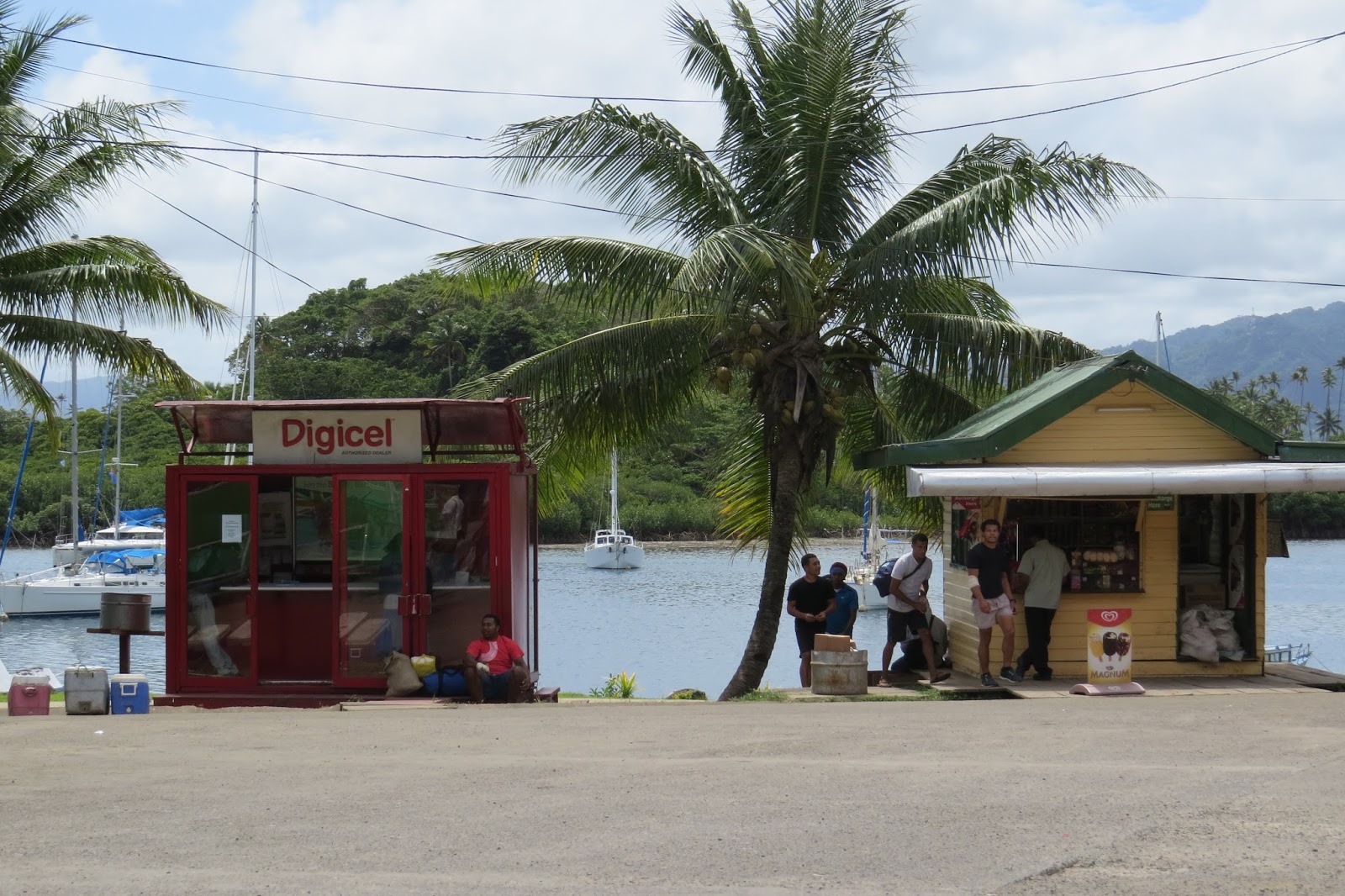
Renting a car internationally seems simple enough at first glance: pick a destination, choose a vehicle online, and show up at the counter with your driver’s license and credit card. But, as we’ve learned through years of global travel, nothing about international car rentals is ever as straightforward as it appears. Each country, each company, and each local policy adds a layer of complexity that can test even the most seasoned traveler’s patience. From insurance nuances to inconsistent service quality, renting a car abroad, especially for long-term stays, can be a logistical puzzle with more moving parts than the car itself.
When traveling long-term, a rental car often provides the freedom we crave. There’s a particular joy in taking the wheel, venturing down winding coastal roads, or exploring countryside villages that public transportation barely reaches. Yet, behind that romantic vision lies a web of challenges that vary wildly depending on where you are. In some countries, the process is organized and efficient. South Africa, for instance, is immaculate when it comes to order and punctuality. Still, in others, you might spend hours sorting out paperwork, misunderstandings, and surprise fees that weren’t mentioned anywhere online.
One of the biggest hurdles comes from insurance. What’s included, what’s not, and what’s “mandatory” can differ dramatically by country. Many travelers assume their credit card will cover damage waivers, but this often depends on the issuing bank and the rental country. In Europe, for example, we’ve encountered rental companies insisting on added coverage, even when we could prove we had external insurance. Their reasoning? “Local laws require it.” And sometimes, it’s not even true; it’s just company policy designed to boost revenue. In contrast, renting in the US feels relatively straightforward, with more transparency about optional coverage. Abroad, though, one can easily be trapped in conversations that feel like a foreign-language version of “gotcha” moments, with added costs piled on until the final total bears little resemblance to the original quote.
Then, there’s the matter of the car itself. The photos on the booking site rarely match reality. “Or similar” has become the universal phrase that justifies almost anything, from a compact sedan turning into a subcompact hatchback to an SUV that looks nothing like what was promised. Once, in Italy, we rented what was listed as a midsize automatic. What we received instead was a tiny, manual Fiat that strained up every hill in Tuscany. When we questioned the swap, the attendant shrugged: “This one is similar.” Technically, perhaps, but only in the sense that both had four wheels.
Quality of service also varies dramatically by location. In some countries, you’re greeted warmly, handed a spotless, freshly detailed car, and sent off with a smile. Documentation is key; always take photos and videos of the vehicle, inside and out, before driving off. Some companies rely on travelers’ inattention to minor damage details to later collect hefty “repair” fees.
For long-term rentals, things get even more complicated. Few companies offer competitive rates for more than a few weeks, and even fewer provide flexible return options. In countries where we’ve stayed for several months, we’ve often found it cheaper to lease a car through a local dealer or long-term rental program designed for expatriates.
However, these arrangements require planning, clear communication, and sometimes a local address or phone number, things that full-time travelers like us don’t always have. Then there’s fuel policy confusion: full-to-full, full-to-empty, or pre-paid refueling options that can easily lead to unnecessary costs if you don’t read the fine print. In some regions, returning a car with even slightly less fuel than at pickup can result in charges that far exceed the local gas price.
And let’s not forget driving rules and road conditions. In some places, like South Africa, New Zealand, or the UK, driving on the left side of the road adds an extra layer of adjustment. Roundabouts, signage differences, and language barriers all demand heightened attention. Meanwhile, GPS coverage and internet connectivity can be unreliable in rural areas, so a reliable offline navigation app becomes essential.
Despite these challenges, renting a car abroad can also lead to some of the most memorable travel experiences. Some of our favorite adventures happened precisely because we had the freedom to go wherever the road led, stumbling upon small wineries in Italy, remote beaches in Australia, or unique ruins in Wales. A car offers a kind of autonomy that trains and buses rarely provide. You can stop for photos, linger at a viewpoint, or detour into a local market or restaurant on a whim.
Still, the key to a successful international rental lies in preparation and vigilance. Compare prices across multiple booking sites, read reviews carefully (especially about hidden fees), and confirm all terms in writing before arrival. Double-check licensing requirements; some countries require an International Driving Permit even if you hold a valid license from your home country. And always, always document the car’s condition before and after.
In the end, renting cars internationally is both a privilege and a test of patience. It allows travelers to see the world on their own terms but demands constant attention to detail, cultural awareness, and sometimes a thick skin when things go awry. The experience can swing from frustrating to liberating in a single day, much as travel itself does. Yet, for those who value independence and exploration, it remains one of the most rewarding ways to connect with a place, one winding, unpredictable road after another.
Last week, we rented cars for both New Zealand and Tasmania, and both were expensive. Now, Tom’s found an online booking company that can save us hundreds of dollars over the previous pricing. Now, he’s rebooking both locations and canceling the previous bookings. Very tricky, much more than you’d expect.
Be well.
Photo from ten years ago today, October 11, 2015:

